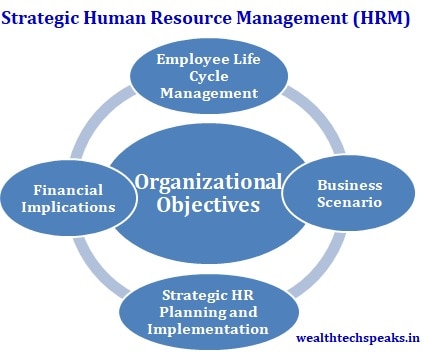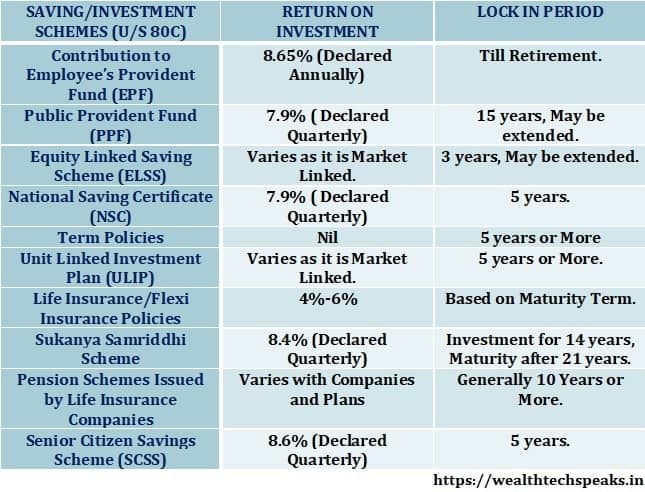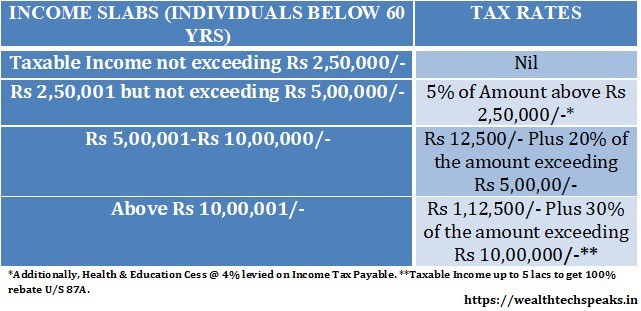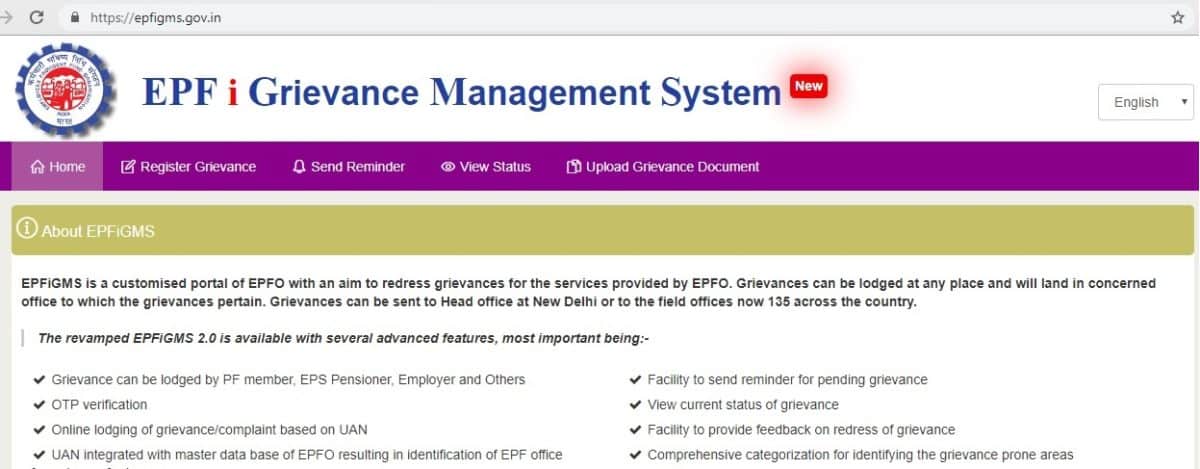
The Contract Labour (Regulation and Abolition) Act, 1970
- Posted By Amritesh
- On May 26th, 2018
- Comments: 9 responses
The Contract Labour (Regulation and Abolition) Act, 1970 aims at regulating employment of contract employees hired by the employers and extending certain benefits to such employees as prescribed under the Labour Laws. The Contract Labour Act attempts to provide basic cover to the employees and ensure they do enjoy certain rights which are at par with the benefits extended to directly employed individuals. Respective Government is empowered to prohibit deployment of Contract Labour in any process and in any establishment, if it is of the opinion that conditions laid out under the Act is not being followed by the respective employers.
Purview and Extent of Contract Labour Act
The Act extends to whole of India. It is applicable to-
#Every establishment wherein 20 or more workmen/employees are or were employed on any day of the preceding 12 months as contract labour, and
#Every Contractor who employs or employed on any day of the preceding 12 months, 20 or more workmen.
The Central and the State Government is also empowered to apply the provisions of the Act to any establishment/contractor employing less than 20 people as Contract Labour. Employer or the Contractor as the case may be, will not be included in the statutory number of individuals prescribed as per the Act.
Exclusions
The Act is not applicable on any establishment in which work only of an intermittent or casual nature is performed. Any work performed shall not be deemed to be of intermittent nature. Work performed in an establishment shall not be deemed to be of casual nature if;
#The work was performed for more than 120 days in the preceding 12 months or;
#It is of a seasonal character and is performed for more than 60 days in a year.
The respective Government may prohibit employment of contract labour in any establishment after reviewing the working conditions and benefit extended.
Employees Entitlement
The Act covers every workman employed in or in association with any work of the establishment. Irrespective of being hired by or through a contractor, with or without the knowledge of the principal employer. However, It excludes any Individual employed in managerial or administrative capacity, persons employed as supervisors and receiving wages exceeding Rs 1600/- per month, and “out-workers” to whom materials are given for manufacturing or processing at their own location.
Administrative Authority
The Act is administered by the Central and the State Governments in their respective jurisdictions. Central and State Governments are required to setup Advisory Boards comprising of representatives from the industry, contractor, workers and Government nominations. The Advisory Board constituted by the respective Government advises on administration of the Act along with performing other functions. Government also appoints Registration, Licensing and Inspection Officer for implementation of the provisions under the Act.
Obligations of the Employers/Contractors: Contract Labour Act
Registration of Establishments
Employers should apply for the registration of the establishment with the Registration Officer, in prescribed format along with the payment of registration fee. Certificate will be issued on successful completion of the formalities.
Licensing of the Contractors
Contractors need to apply for the License for employing Contract Labours, to the Licensing Officer along with detailed description of the establishment location, nature of work, facilities and amenities at work, etc. License will be issued on completion of investigation and payment of License fee and Security Deposit as applicable.
License is required to be renewed from time to time.
Provisions At Work: Contract Labour Act
#Contractor is required to extend following facilities to the Contract Labourers:
#Canteen facility wherein, more than 100 persons are employed as Contract Labours.
#Adequately ventilated rooms with sufficient lightings and proper resting environment, for contract labourers who are required to stay overnight due to their nature of work.
#Elementary medical facilities should be available at workplace to handle any exigencies.
#Contractors are required to provide the facilities, in case the contractor fails to provide then Principal Employer should provide the same and recover the expense from the respective Contractor.
Payment of Wages: Contract Labour Act
Contractor is liable to make regular and timely payment of the wages to the hired labourers and the principal employer should ensure that the payments are being made in accordance with the laws. In case the Contractor fails to make the payment on time or makes short payment, the Principal employer is liable to clear the outstanding payments and recover the same from the contractor.
However, Principal Employer is not liable to pay the Gratuity and Bonus as it does not come under the definition of Wages/Salary.
Maintenance of Records
Principal Employer and the Contractor should maintain the records of Contract Labour, nature of work, wages paid, and other statutory details. The records should be produced by the Establishment as well as Contractor whenever requested by the Registration or the Licensing Officer. Workplace should clearly mention the hours of work, wage payment period in the premises.
Statutory Benefits
Contract Employees are eligible for ESI and EPF benefits as defined under the respective Act. The provisions of Factories Act, Payment of Wages, Minimum Wages Act, Industrial Disputes Act, and Workmen’s Compensation Act is duly applicable to Contract Labourers under the Contract Labour Act.
Absorption of Contract Labours
Individuals getting displaced as contract labours, on expiry of contract, do not enjoy any statutory right to be directly absorbed in regular service by the employer. Principal Employer is not under automatic obligation to absorb contract employees in the establishment in the event of the Government prohibits the type of contract labour engaged.
Entitlement to Regular Service
A principal employer employing contract labour for work which is perennial in nature then the individual/s will become employee of the principal employer if one has worked for 240 days.
Rights of Employers/Contractors
#Employer/Contractor have the right to appeal against order passed by the Registration/Licensing Officer to the Appellate Authority within 30 days.
#Right to be represented in the Central and State Advisory Boards.
Rights of Contract Labours
#Contract Labours have right to parity of pay, timely payments, basic amenities and proper working conditions.
#Right to be represented in the Central and State Advisory Boards.
Offences and Penalties
Any violation of the provisions of the Act is punishable. The penalties range from fine to 3 months imprisonment, or both, depending on the level of offence.







